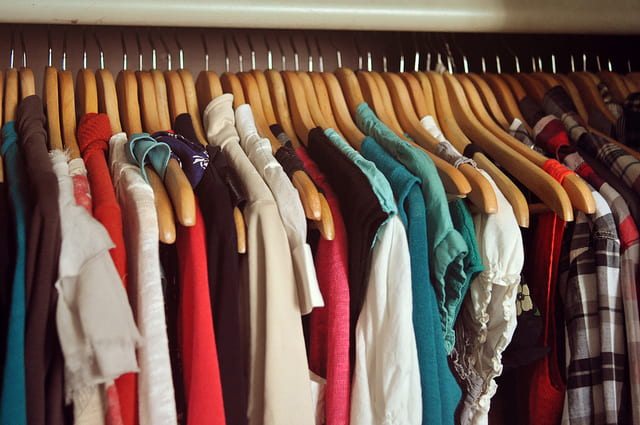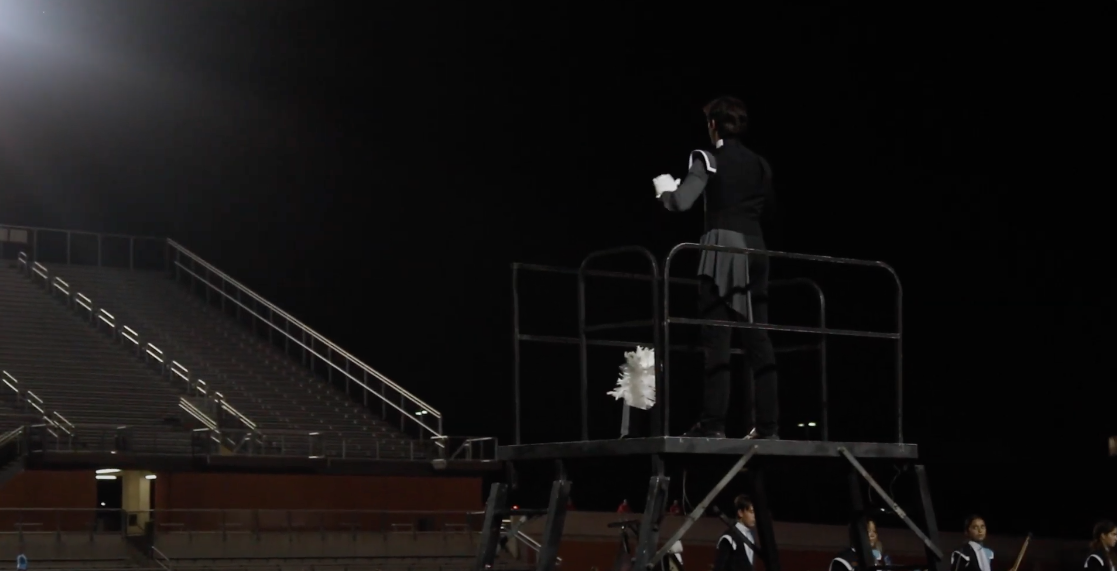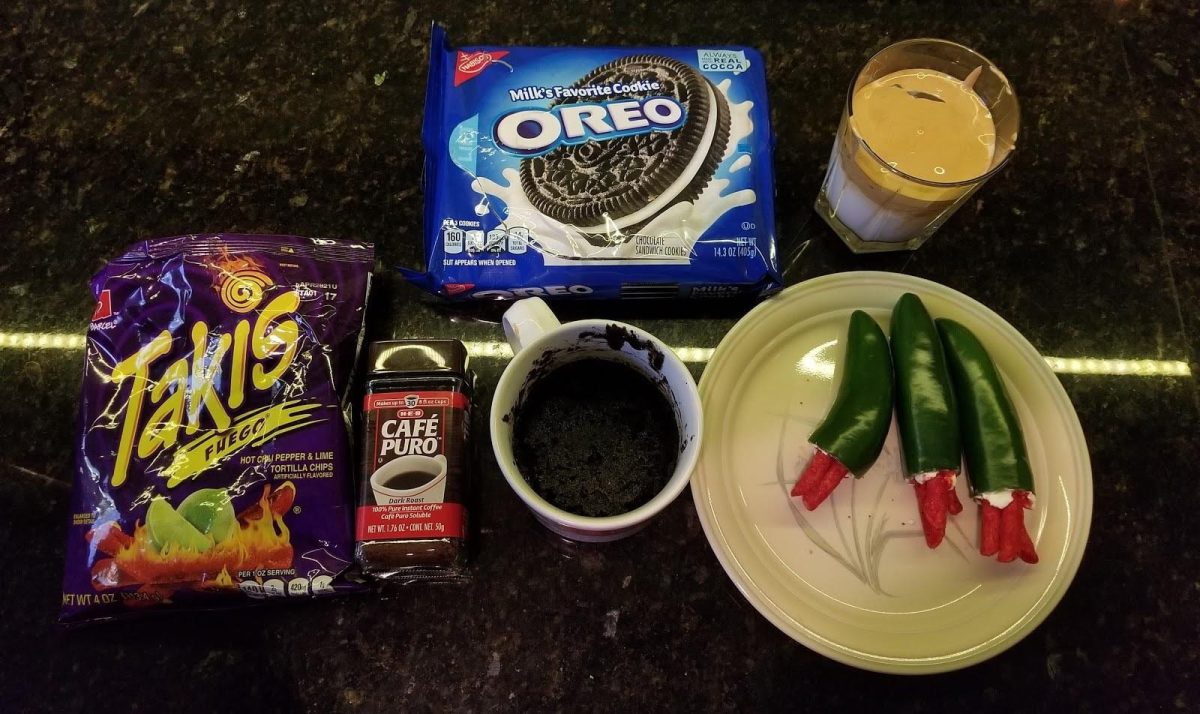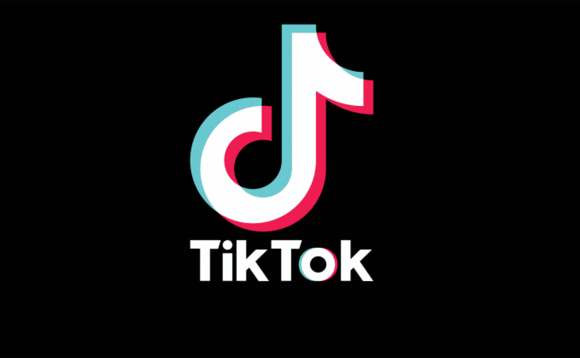Lauren Loveless | staff writer
About three or four months ago, YouTuber Felix Kjellberg, aka Pewdiepie, began to feel his crown slowly slipping off of his head. For years, he has held the title of most subscribed without question, he’s even been dubbed the king of YouTube. However, the Indian channel T-Series has come to challenge Kjellberg, and it has been gaining subscribers at a peculiarly fast pace.
In reality, it’s not that surprising that an Indian channel has gained so much popularity, considering India has a overwhelming population of 1.3 billion. However, what’s upsetting most of Kjellberg’s followers is the fact that T-Series is a company, which pumps out an unprecedented amount of videos.
This YouTube war between the content creators perfectly reflects how big companies overpower creative individuals, due to morally debatable reasons. The more prevalent cause of this issue is YouTube’s unfair algorithm, which is clearly biased against Kjellberg. Although Kjellberg’s videos get millions of views a day, they barely show up on the trending page, since it favors vloggers and TV stations.
Many people (mainly online media sources) argue that Kjellberg is a passing trend that needs to be replaced, preferably by a massive company like T-Series. However, one must take into consideration that if T-Series surpassed Kjellberg, that YouTube would probably make a change for the worst. YouTube is already so disconnected from their community, I mean just look at the disaster that was YouTube rewind 2018. Having a company on top would completely redefine what YouTube was initially meant for.
Moreover, another Indian channel, a company based on entertainment-like T-Series, recently beat Markiplier’s subscriber count. Markiplier has millions of faithful subscribers, which he actually tries to connect with, as opposed to the Indian channel that interacts with its’ fans hardly.
As of current, YouTube has seen an increase of companies overthrowing individuals who spend precious time pumping out original content and forming relationships with their audience. Therefore, not only is this new occurrence hurting creators, it’s’ also hurting the viewers experience and enjoyment with Youtube.
We’re used to seeing companies surpass creative individuals, however, when we see this on the Internet it’s a bit alarming. The Internet is supposed to be a safe place for the imaginative mind. Online media is the hotspot for small companies, such as artsy stores like Etsy which attracts people looking for one-of-a-kind designs. Although, as more and more companies become dominant, we see a decrease in popularity of originality.
As in all generations, we are beginning to see a redefinition a relatively new development: a change in the Internet and what it stands for.
There’s a reason why so many historians are calling our age the second Gilded Age, because of company’s overbearing ruling everywhere, on every platform. Moreover, the change of dynamics and stark difference between the rich and the poor, in this case the popular and the less so.












